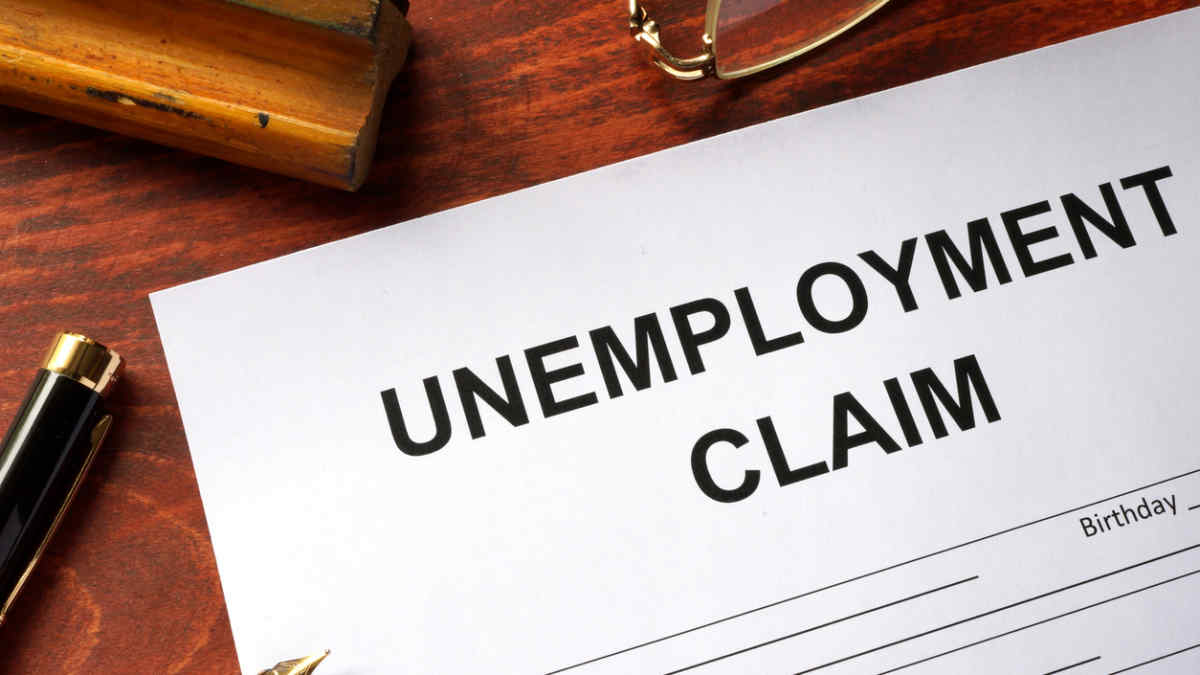

?Takeaway: An employee who leaves work for good cause is entitled to a presumption of having not voluntarily quit. The presumption may be overcome, but only upon evidence showing the employee positively repudiated the obligation to return to work in clear terms.
?A worker who, with the agreement of her supervisor, left work to care for a terminally ill relative but failed to provide a return date or otherwise communicate with her supervisor while she was away did not voluntarily quit her job and was entitled to unemployment benefits, a California appeals court recently ruled.
An employee who leaves work for good cause is entitled to a presumption of having not voluntarily quit. The presumption may be overcome but only upon evidence that the employee positively repudiated the obligation to return to work in clear terms. The evidence in this case did not meet that standard, the court said.
The employee worked as a sales representative for a company that sold water filtration equipment to residential customers. Her job was to visit the homes of prospective customers, demonstrate the use of the company’s products and solicit sales onsite.
The employee received a base salary, but the bulk of her compensation was commissions for completed sales, so she needed a continuing stream of work assignments to earn her full pay. Work assignments came from schedulers, who sent her to sales appointments.
Shortly after the employee began work in May 2019, she took an approved leave of absence to go to Chicago to assist her grandmother, who was terminally ill. She was gone about a week and a half. According to the employee, she was hired with the understanding that she might need to take leaves from time to time to care for her grandmother.
With her supervisor’s approval, on Oct. 23, 2019, the employee went on another leave of absence to care for her grandmother. Upon returning in early November, she received no further sales appointments for many weeks and was told business was “slow.”
Eventually, on Feb. 2, 2020, having received no further sales appointments, the employee filed a claim for unemployment benefits with the Employment Development Department (EDD). She listed the reason for her loss of employment as a “temporary layoff.” The EDD initially paid unemployment benefits for three weeks and notified the employer of the claim. The employer told the EDD that the employee had voluntarily quit.
After a brief investigation by the EDD, the agency ruled against the employee, concluding that although the worker’s initial departure to Chicago was an approved absence, she overstayed her leave, failed to communicate with her supervisor while gone and failed to take steps to preserve her employment upon her return.
An administrative law judge sustained the EDD’s ruling, and the California Unemployment Insurance Appeals Board affirmed, finding that the employee abandoned her job.
The employee sought review in the trial court, which dismissed the case. The employee appealed.
Employer Terminated Relationship
The appellate court first noted that a person is disqualified for unemployment benefits under California law if the person leaves their most recent work voluntarily without good cause. Under EDD regulations, to determine whether an employee left voluntarily, the focus is on which party—employer or employee—initiated the termination of employment.
An involuntary leaving of work occurs when the employer is the moving party, causing the worker’s unemployment at a time when the employee is able and willing to continue working. A voluntary leaving of work occurs, on the other hand, when an employee is the moving party, causing unemployment at a time when work is available, and the employee leaves work of their own free will. A claimant is not disqualified from unemployment benefits if employment is terminated as the result of a voluntary leaving with good cause, the court explained.
According to the regulations, “good cause” exists for voluntarily leaving work when a substantial motivating factor in causing the claimant to leave is “real, substantial, and compelling and would cause a reasonable person to leave work under the same circumstances.” Generally good cause for leaving work is decided on the facts at the time the claimant left work, the court said.
The court then concluded that the undisputed evidence in this case showed that the employee voluntarily left work for good cause. The court also concluded that the employee discharged her duty to attempt to preserve the employment relationship.
There was no evidence, the court said, that when the employee left, the company had an established leave of absence policy that the employee ignored. To the extent there was an informal leave protocol established by the parties’ prior conduct, the employee followed it.
It is undisputed, the court said, that she had previously notified the company that she might need to leave work to attend to her grandmother’s health, that the company had allowed her to take a break for that reason in May 2019 and that she secured the company’s permission before leaving the second time. She was therefore entitled to unemployment benefits.
Johar v. California Unemployment Insurance Appeals Board, Calif. Ct. App., No. A162563 (Sept. 13, 2022).
Joanne Deschenaux, J.D., is a freelance writer in Annapolis, Md.
